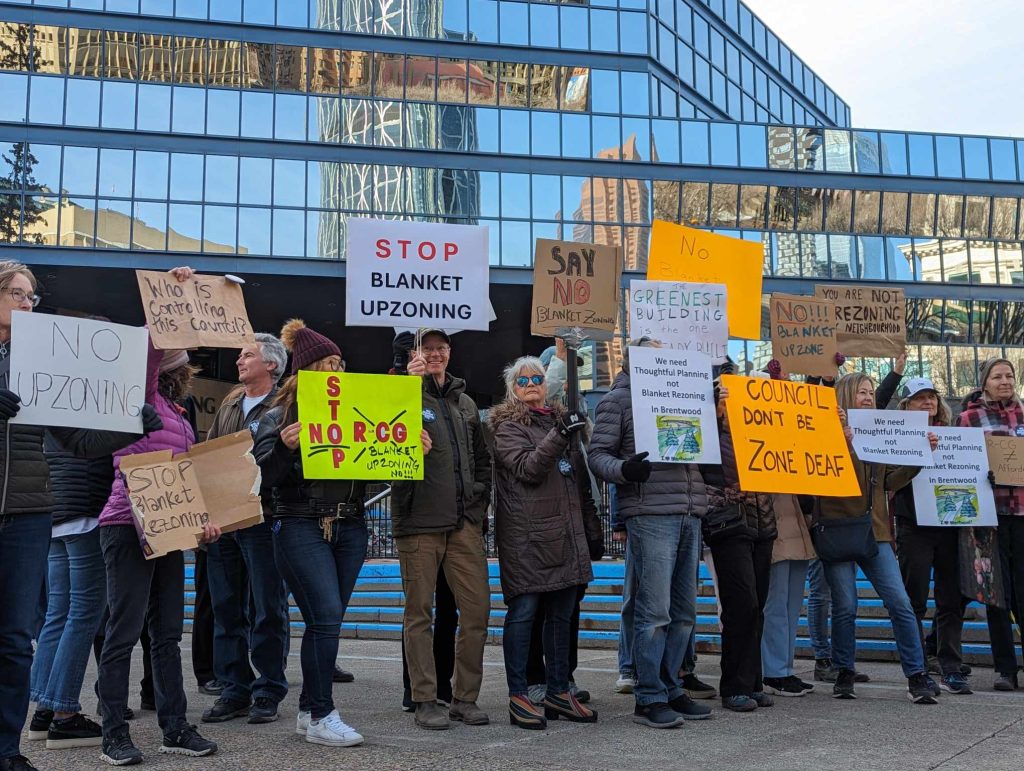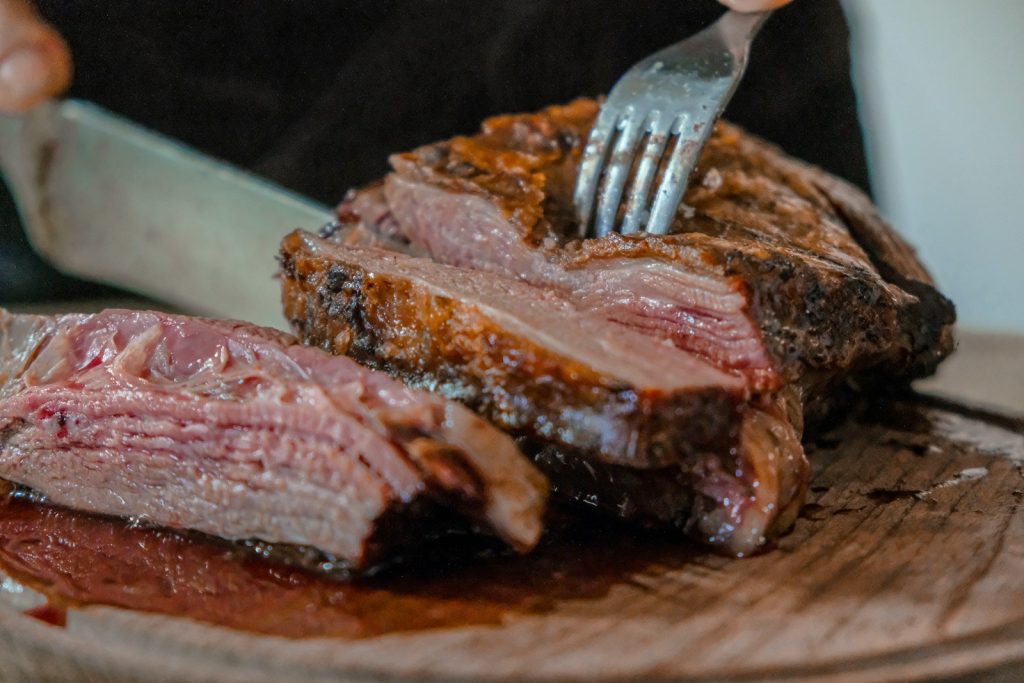XL Foods beef recall expanded, Premier Redford defends Alberta beef
Posted Sep 30, 2012 7:49 pm.
This article is more than 5 years old.
OTTAWA – The Canadian Food Inspection Agency made dozens of additions on Sunday to its list of possibly contaminated beef products which came from an Alberta plant.
The CFIA has made the list of stores and products affected by the potential E.coli contamination so long that consumers are now advised to inquire at the point of purchase whether the beef they’re buying came from XL Foods.
E.coli bacteria was first detected at the XL plant in Brooks, Alta. on Sept. 4, but it wasn’t until three weeks later that the CFIA suspended the plant’s operating license until measures are implemented to ensure its products are safe.
At a family ranch near Airdrie, Alta., just north of Calgary on Sunday, Alberta Premier Alison Redford and the province’s agriculture minister held meetings with local producers to discuss the potential effects of the plant’s closure.
Redford stood behind the safety of Alberta meat.
“Our priority right now is to make sure people know Alberta beef is a safe product and a high-quality product, and to ensure that we get this plant open as soon as possible in compliance with CFIA regulations,” Redford told reporters.
Liberal MP Ralph Goodale has blamed the E.coli scare on changes to the meat inspection system introduced by the Harper Conservatives.
But federal Agriculture Minister Gerry Ritz insists food safety hasn’t been compromised and says the government has more inspectors on the job than in previous years.
Redford acknowledged that people will want to know who did what, and when. But she said the most important thing is to restore confidence and reopen the XL facility.
“We stand behind our producers and we stand behind the product they produce. We certainly have a circumstance right now with respect to one company that is having challenges with respect to regulations,” Redford said.
“But there is Alberta beef that is being produced right across this province today that is safe to eat.”
While Alberta’s oil industry has typically commanded many headlines in recent years, the beef industry is still a massive economic driver.
Brooks Mayor Martin Shields has said the XL plant is one of the area’s largest employers, with more than 2,000 people working with the company.
The Canadian-owned XL plant has a slaughter capacity of about 5,000 cattle a day.
The Canadian Cattlemen’s Association said last week that while the plant’s closure will reduce the industry’s ability to slaughter and process live cattle, it shouldn’t have a significant effect on Canada’s beef industry, beyond a brief price increase.
But the rancher who hosted Redford and other producers on the front deck of his Airdrie home on Sunday offered a different opinion.
Wanye Hanson said the cattle system could back up quickly if it snows soon. He said that’s when farmers switch their efforts to moving cattle off pastures and into feedlots. It’s also when weaned calves come off the fields, he said.
He explained that if the feedlots are full, the prices for cattle will suffer.
“It’s a ripple effect right through the industry,” Hanson said.
Redford was to meet later Sunday with industry leaders in Calgary, as well as with the chair of the board of the Alberta Livestock and Meat Agency, an advisory body of the provincial government.
Meanwhile, Alberta Agriculture Minister Verlyn Olson said he had been speaking with his federal counterpart, who thinks outstanding issues at the XL plant could be resolved shortly.
Olson also said some of Alberta’s labs are being used for food safety testing in the hopes of speeding up the process to reopen the plant.
Redford said because of the plant’s size, every day it’s closed makes a difference to Alberta.
“This is a plant that produces a significant amount of beef in this province and so it does make a big difference to producers,” Redford said.
(CHQR, The Canadian Press)










